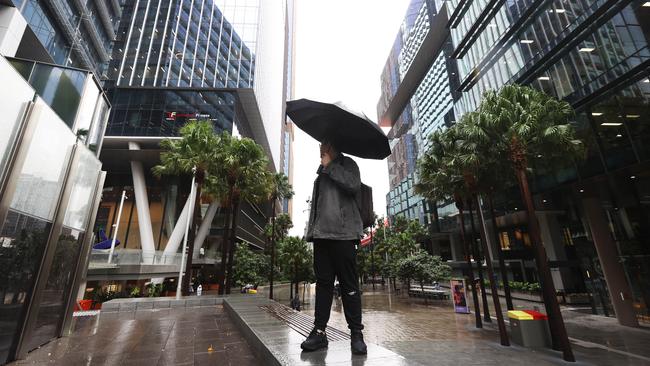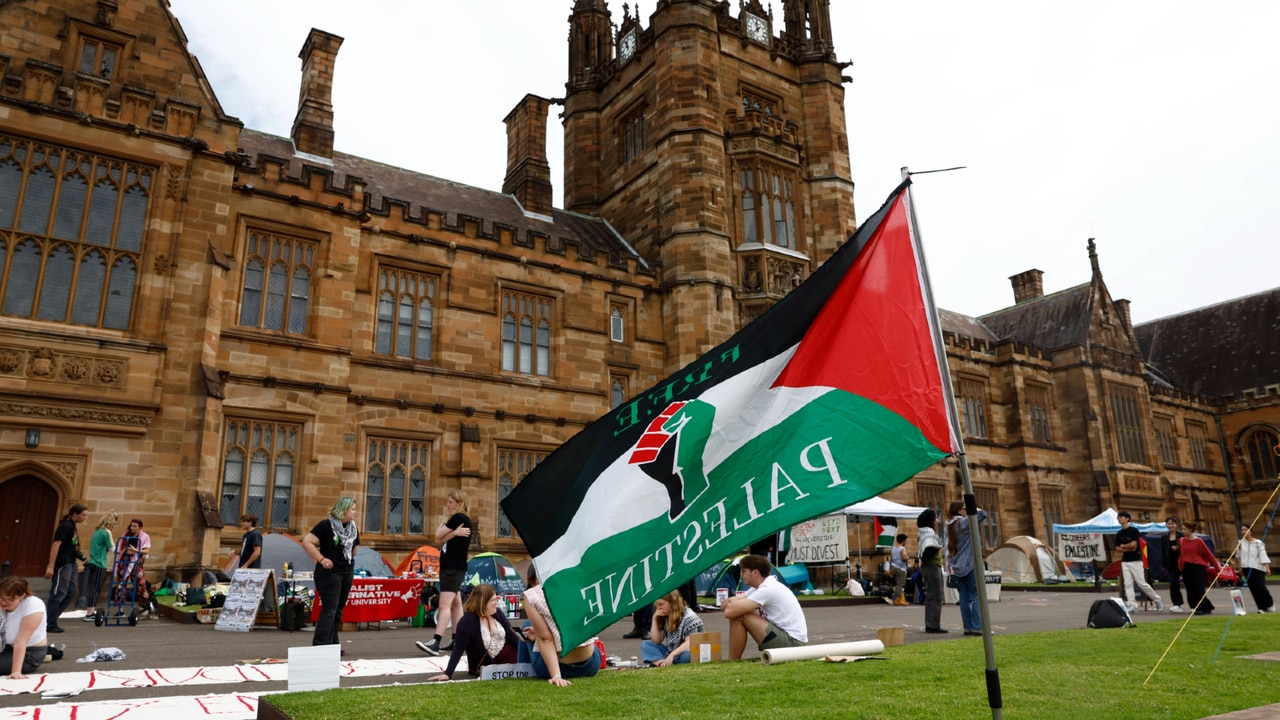Student debt: system is unjust and undermining social cohesion

He touched upon something that is well understood by our political leaders and civil society. We can increase the financial wellbeing of our community by growing our economy, but this is not the only, or indeed even the most important, measure of progress.
A rich society does not necessarily equal a happy and prosperous one and so we must also account for bonds that bind us together, including the strength of our civil society, how we engage communities in our democracy, and the extent to which we share a common sense of purpose and values. Social cohesion matters because it is a vital part of building a community in which we want to live and in which we can thrive. Without it, disenfranchisement and bitterness can set in. This can lead to discord, even open conflict.

Last year, the Scanlon-Monash Index of Social Cohesion hit its lowest score on record. When the survey began in 2007, overall social cohesion registered at 100 points – it now sits at 78.
Red flags are appearing everywhere. Economic and cost-of-living pressures are playing out across our kitchen tables. We are feeling the local impacts of global conflicts. For many in our community, these are highly personal and distressing. And we live in an era of rampant misinformation fuelled by social media.
As an anchor institution in its region, Western Sydney University must play a leadership role in ensuring community wellbeing and in building social cohesion.
There is no region in Australia with greater potential. Nor is there a region where social cohesion matters more. Western Sydney is undergoing an economic metamorphosis, with record infrastructure spending and the construction of what will be the nation’s premier international airport, the Bradfield City Centre and the Parramatta Powerhouse.
The benefits of development and growth – such as higher living standards and more opportunities – must be shared with the people of the region.
Education is central to achieving this and ensuring strong communities. It fosters belonging, confidence and social mobility. Without fair access to education, social cohesion is unattainable in Australia.
At Western Sydney University, we provide an education to those who would otherwise miss out. Two-thirds of our students are still the first in their family first to go to university, and we educate the highest number of low SES students in the nation. Diversity is our greatest strength. We alter the trajectory of people’s lives.
Are we getting everything right? No. Like many in the sector, our student retention rates are not where they need to be. We need them to be higher for the good of our community.
We don’t just need to attract more people into higher education, including especially Indigenous peoples and those from disadvantaged backgrounds, we must do more to retain them and ensure they succeed. We must also deal with the problem that students cannot learn and meet the necessities of life. Many students struggle to both study and eat. Hence, we focus not only on study support, but also have a Western Pantry to provide staples such as rice and oats, and also supply breakfasts and dinners.
We are doing our best to meet the needs of our students, but this is not enough. The higher education system in Australia is flawed when it comes to supporting students, especially those from disadvantaged backgrounds. This reflects broken federal policy settings. This is why I have been so outspoken about student debt. The system is unjust and is undermining social cohesion. Total student debt has topped $81bn.
It is especially unfair that a three-year Arts degree now costs more than $50,000. This degree is priced at the highest level, and yet students earn on average the lowest incomes. For so many students – especially women, Indigenous peoples and students from disadvantaged backgrounds – Arts degrees are their foothold into university.
And let’s be serious – students who can no longer afford an Arts degree do not decide to transfer to an engineering or maths degree. Instead, many give up their dreams of university study and are left embittered and angry about how society has denied them the opportunity for a better life. This is hardly a recipe for social cohesion.
We cannot be a community where student debt actively works against people entering and staying in university, especially in Whitlam’s heartland of western Sydney. Our first step to improving social cohesion must be to deliver greater access and fairness when it comes to education.
George Williams is vice-chancellor and president of Western Sydney University and opened the Strengthening Social Cohesion conference in Parramatta on Tuesday






Gough Whitlam was the first Australian leader to talk about social cohesion. He said in his It’s Time speech launching the Labor Party’s 1972 election campaign: “We can double and treble social benefits, but we can never make up through cash payments for what we take away in mental and physical wellbeing and social cohesion through the breakdown of community life and community identity.”